
Read or listen offline
Amazon KindleRecommendation
You might expect that a book edited by professors of economics at Harvard and the London School of Economics would come in on the dry side. Nothing could be further from the truth with regard to What the Future Holds, a compelling compilation of possible future scenarios written by experts in population, climate, energy, labor, government, monetary policy and information. The enlightening details about scenario planning are an added bonus that getAbstract.com believes will be especially relevant to any business or government decision makers.
Summary
About the Authors
Richard N. Cooper is a professor of International Economics at Harvard University and the author of Economic Stabilization and Debt in Developing Countries. Richard Layard is Director of the Center for Economic Performance at the London School of Economics. He is the co-author of East-West Migration and co-editor of The Fight Against Unemployment.








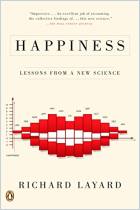
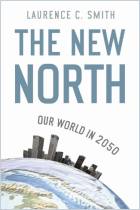
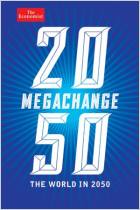
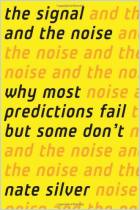

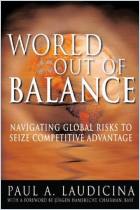
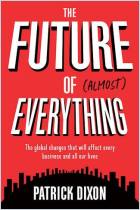




Comment on this summary